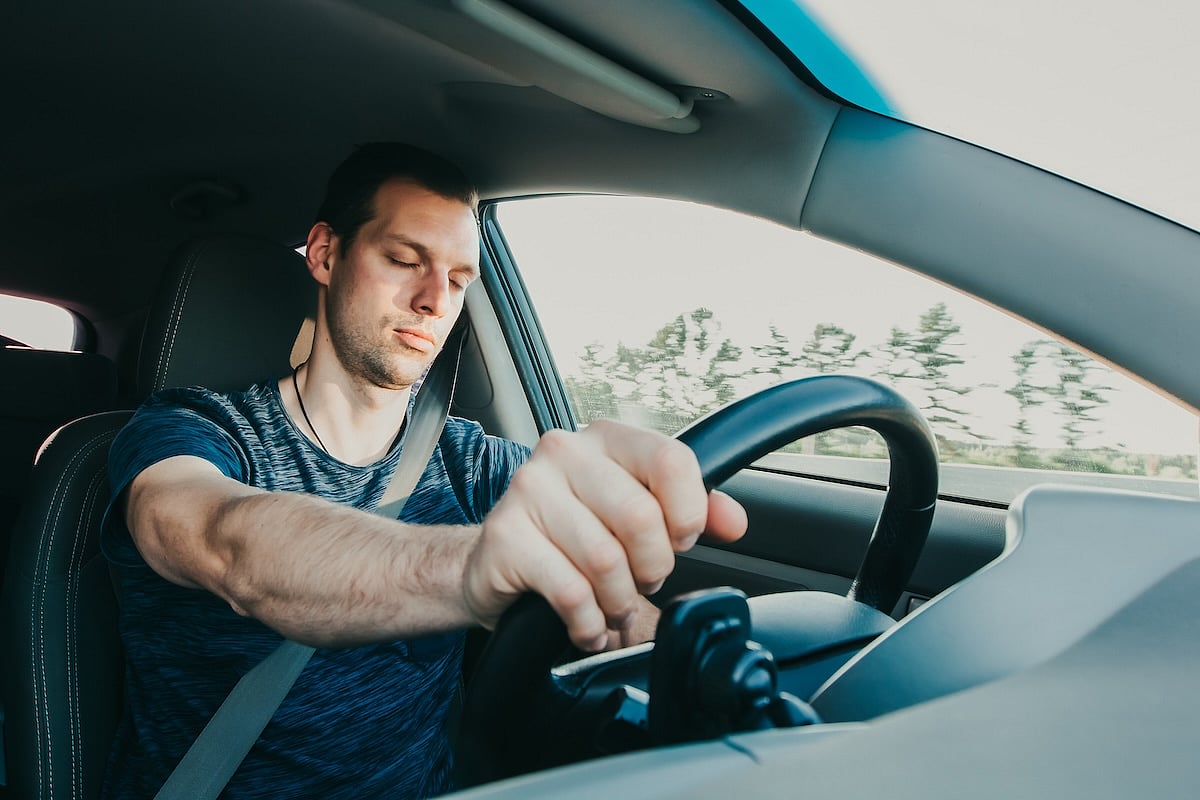Get Healthy!

- Dennis Thompson
- Posted November 6, 2024
Drowsy Driving: Not Taken as Seriously as Drunk Driving, But It Can Kill
Folks are more likely to drive drowsy than drive drunk, even though both raise the risk of a fatal crash, a new survey shows.
About 4 in 10 adults say they’ll find alternative transportation when they haven’t gotten enough sleep, according to the poll from the National Sleep Foundation (NSF).
By comparison, nearly 7 in 10 adults say they won’t drive after having a few drinks.
Drowsy driving is a significant threat to road safety, just like drunk, drugged or distracted driving can be, according to the NSF.
"NSF data consistently show that Americans do not think drowsy driving is as dangerous as other forms of impaired driving, like drunk driving," said Joseph Dzierzewski, senior vice president of research and scientific affairs for the NSF.
"We want the public to know that sleeping only three to four hours before driving is like having a few drinks, and encourage everyone to have a backup plan in place for when they are not alert enough to drive safely, like choosing ride share or taxi options, or calling friends and family to help you and others stay safe," Dzierzewski said in an NSF news release.
Drowsy Driving Prevention Week runs from Nov. 3-9, and the new NSF survey was fielded as part of that observance.
Drowsy driving is responsible for 1 in every 5 deadly motor vehicle crashes, and 1 of every 10 crashes that result in hospitalization, according to the AAA Foundation for Traffic Safety.
The NSF survey also found that:
Only half of adults are likely to delay or change plans to avoid driving drowsy, compared to more than 8 in 10 following a few drinks
Just 50% are likely to avoid driving when they haven’t gotten enough sleep, compared to almost 90% who’ve had a few drinks
More people have urged someone else not to drive because of drinking than for being too tired
“Being awake and alert in the driver's seat is as important as not being under the influence, so don't hesitate to change your plans when you shouldn't drive,” said NSF CEO John Lopos.
To avoid drowsy driving, the NSF recommends that people:
Get seven to nine hours of sleep
Plan long trips with a companion who can help a driver stay alert and take the wheel when necessary
Schedule regular stops every 100 miles or two hours
Be mindful of warning signs like frequent blinking, yawning or having difficulty with lane and speed control
More information
The National Highway Traffic Safety Administration has more on drowsy driving.
SOURCE: National Sleep Foundation, news release, Oct. 31, 2024
